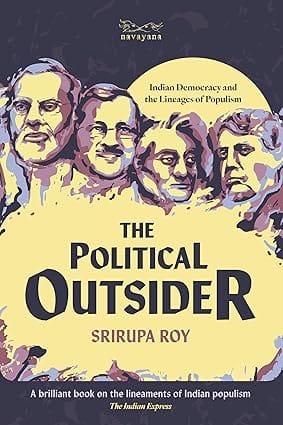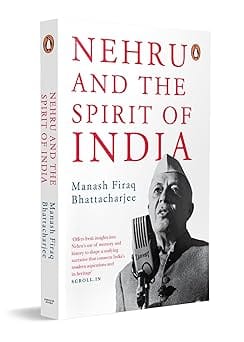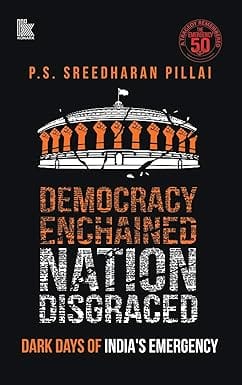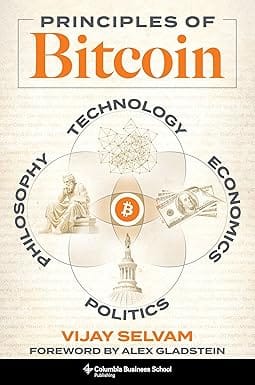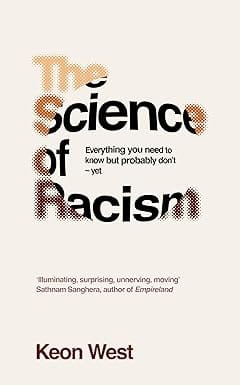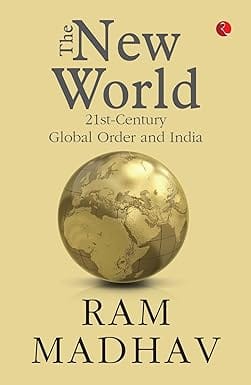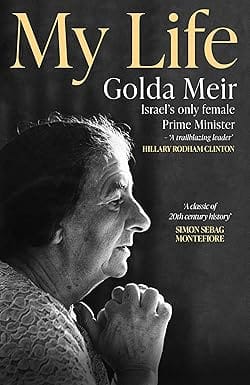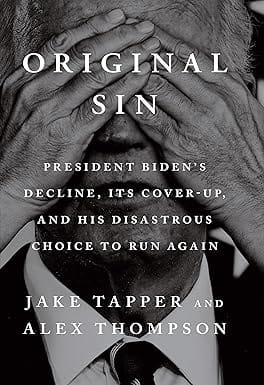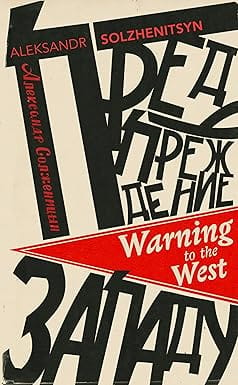- Non-ficton
- Non-ficton
- Contemporary Fiction
- Contemporary Fiction
- Children
- Children
- Comics & Graphic Novels
- Comics & Graphic Novels
- Non-Fiction
- Non-Fiction
- Fiction
- Fiction
Why are democracies around the world turning populist?
From the election of Trump in the US and Modi in India to Bolsanaro in Brazil and Meloni in Italy, the rhetoric of populist ‘political outsiders’ has reaped rich political dividends. This is often accompanied by calls to cleanse democracy of its ills, with a nebulously defined predatory elite blamed for the people’s sufferings. Why has this mode of electioneering become so widespread? Political scientist Srirupa Roy shows how Indian history can help find answers.
Despite being a democracy for more than 75 years,India is home to strident criticisms of the system. The successes of AAP under Arvind Kejriwal and the Narendra Modi-led BJP show the value of calls for ‘curative democracy’ and of campaigning as redemptive outsiders pledging to combat a corrupt system. These tactics can be traced back to the long 1970s, when Indira Gandhi declared the Emergency. Both her and her opponents legitimised themselves as reformers of the system. Authoritarianism and democracy shared a strange reciprocity. The same language persists into our time. The result has been a normalisation of populist antipolitics and strongman authoritarian rule.
Review
‘Shows how Indian populism is typical rather than exceptional’—Foreign Affairs
‘Excellent … adds significantly to our understanding of Indian democracy’—Sudipta Kaviraj
‘Roy traces populism’s lineage to the authoritarian strains of the 1970s’—Amrita Basu
‘Charts the evolution of Indian democracy and the lasting shadow of the Emergency over the political life of the Republic’—Journal of Contemporary Asia
About the Author
The Political Outsider Indian Democracy And The Lineages Of Populism
SIZE GUIDE
- ISBN: 9788198067036
- Author: Srirupa Roy
- Publisher: Navayana
- Pages: 373
- Format: Paperback
Book Description
Why are democracies around the world turning populist?
From the election of Trump in the US and Modi in India to Bolsanaro in Brazil and Meloni in Italy, the rhetoric of populist ‘political outsiders’ has reaped rich political dividends. This is often accompanied by calls to cleanse democracy of its ills, with a nebulously defined predatory elite blamed for the people’s sufferings. Why has this mode of electioneering become so widespread? Political scientist Srirupa Roy shows how Indian history can help find answers.
Despite being a democracy for more than 75 years,India is home to strident criticisms of the system. The successes of AAP under Arvind Kejriwal and the Narendra Modi-led BJP show the value of calls for ‘curative democracy’ and of campaigning as redemptive outsiders pledging to combat a corrupt system. These tactics can be traced back to the long 1970s, when Indira Gandhi declared the Emergency. Both her and her opponents legitimised themselves as reformers of the system. Authoritarianism and democracy shared a strange reciprocity. The same language persists into our time. The result has been a normalisation of populist antipolitics and strongman authoritarian rule.
Review
‘Shows how Indian populism is typical rather than exceptional’—Foreign Affairs
‘Excellent … adds significantly to our understanding of Indian democracy’—Sudipta Kaviraj
‘Roy traces populism’s lineage to the authoritarian strains of the 1970s’—Amrita Basu
‘Charts the evolution of Indian democracy and the lasting shadow of the Emergency over the political life of the Republic’—Journal of Contemporary Asia
About the Author
User reviews
NEWSLETTER
Subscribe to get Email Updates!
Thanks for subscribing.
Your response has been recorded.

India's Iconic & Independent Book Store offering a vast selection of books across a variety of genres Since 1978.
"We Believe In The Power of Books" Our mission is to make books accessible to everyone, and to cultivate a culture of reading and learning. We strive to provide a wide range of books, from classic literature, sci-fi and fantasy, to graphic novels, biographies and self-help books, so that everyone can find something to read.
Whether you’re looking for your next great read, a gift for someone special, or just browsing, Midland is here to make your book-buying experience easy and enjoyable.
We are shipping pan India and across the world.
For Bulk Order / Corporate Gifting
 +91 9818282497 |
+91 9818282497 |  [email protected]
[email protected]
Click To Know More
INFORMATION
QUICK LINKS
ADDRESS
Shop No.20, Aurobindo Palace Market, Near Church, New Delhi

